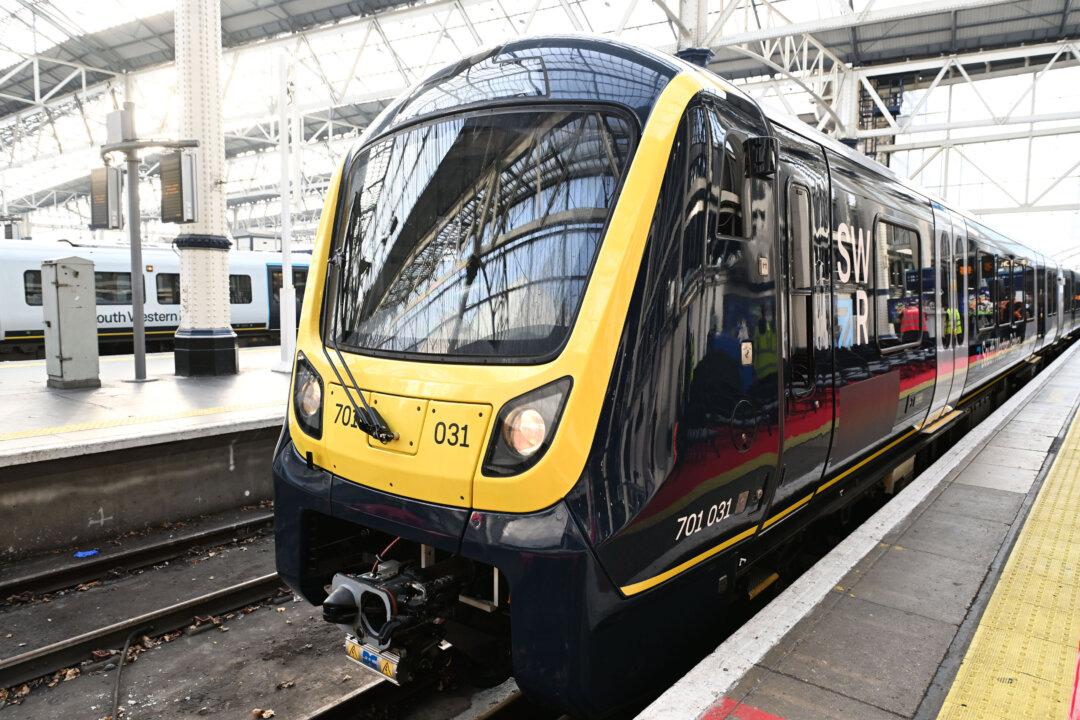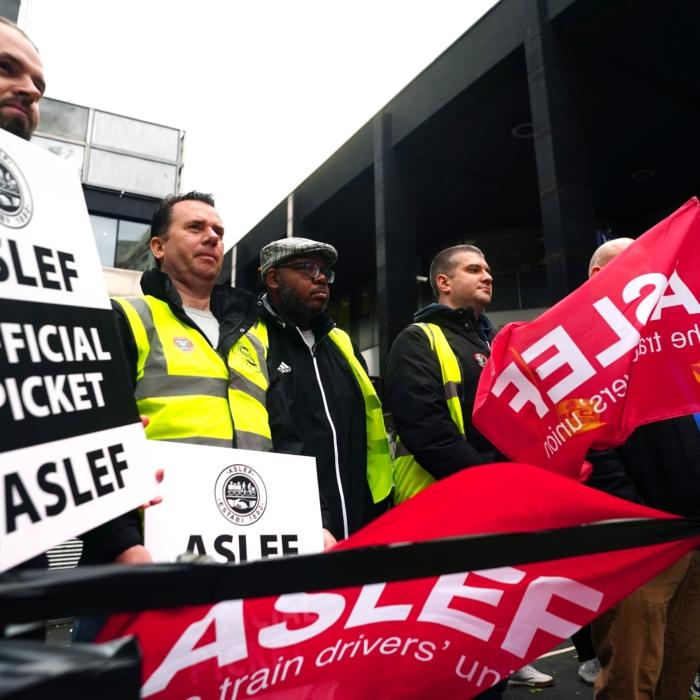Three rail companies will be renationalised next year under an overhaul of the British rail network, the government has announced.
South Western Railway will be the first to come under public ownership. The government said the firm, which operates services between London and the south and the south-west of England, will be taken into public ownership this spring.
The Department for Transport (DfT) said on Wednesday that c2c, which runs services in south Essex, would be renationalised in July. Greater Anglia, which runs trains to Stansted Airport and London Liverpool Street, would follow in the autumn, when its contract expires.
Transport Secretary Heidi Alexander said the UK’s “broken railways are finally on the fast track” to repair.
“For too long, the British public has had to put up with rail services that simply don’t work. A complex system of private train operators has too often failed its users. Starting with journeys on South Western Railway, we’re switching tracks by bringing services back under public control to create a reliable rail network that puts customers first,” she said.
The announcement follows the royal ascent of the Passenger Railway Services (Public Ownership) Act last week.
The legislation allows the government to place rail companies in public ownership when their existing contracts expire.
Unions
The transition to a publicly owned railway will clamp down on “unacceptable” levels of delays and cancellations, said the government. Ministers believe it also saves up to £150 million a year in fees alone, with funds spent on services, rather than private shareholders.The industrial action involved 16 train companies and saw 13,000 drivers go on strike under the Conservative government. Among the affected firms were the Great Northern, Thameslink, South Western Railway, Greater Anglia, and West Midlands Trains.
“This is a significant step forward for passengers, rail workers, and those who want to see an efficient rail system run for the public good, rather than private profit,” said RMT General Secretary Mick Lynch.
Alexander said that a “mature” relationship with unions is necessary to provide efficient rail services.
Scrutiny
Regulated train fares in England are to increase by 4.6 percent in 2025, while most railcards will also become more expensive under government Budget measures.When asked on “BBC Breakfast” whether rail fares will get cheaper with public ownership, Alexander said that the sector’s “commercial realities” are “very challenging.”
“Even under public ownership, we’ve got to make sure that we’ve got enough money to provide the services that people want. Because otherwise, you can enter into a little bit of a death spiral, really, if you start cutting services and people can’t get to where they want to get to when they want to get there—they’ll look for other options,” she said.
The shadow transport secretary, Gareth Bacon, has criticised Labour’s rail nationalization plans, suggesting they are ideologically driven and lack clarity on cost and passenger benefits. He expressed concerns over the rapid legislative process, which he believes allows insufficient time for proper scrutiny.
“Public ownership is not the panacea,” Bacon told parliament last month.
He questioned the government’s position that public control of rail operations will improve performance, particularly for operators that are already performing well.
Bacon warned that No. 10 may take credit for the strong performance of rail franchises, a success of the previous private franchising system, rather than the government’s measures.







